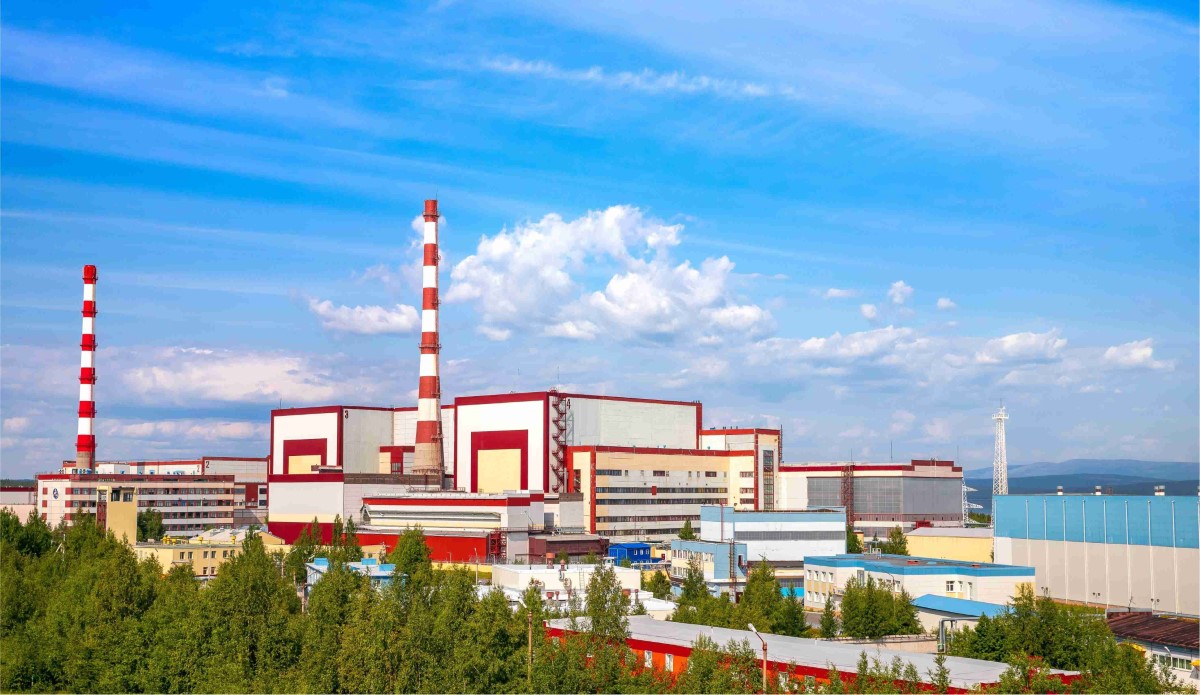 A new Russian designed electrolysis unit has produced its first hydrogen at the Kola NPP. Hydrogen is used for cooling the turbogenerators that generate electricity at the plant. Previously this was produced by old-type alkaline electrolysers. The new ones produce hydrogen using proton-exchange membranes, which is much more environmentally friendly.
A new Russian designed electrolysis unit has produced its first hydrogen at the Kola NPP. Hydrogen is used for cooling the turbogenerators that generate electricity at the plant. Previously this was produced by old-type alkaline electrolysers. The new ones produce hydrogen using proton-exchange membranes, which is much more environmentally friendly.
“Today, Russia is stepping up its work to create a high-tech foundation in all areas of life,” said Vladimir Matveev, chief engineer at the Kola NPP. “Hydrogen energy is one of the priority areas of scientific and technological development of Rosatom. We believe that this pilot plant will prove itself, and in the future the Kola NPP will begin to produce clean hydrogen on the required industrial scale.”
The new electrolysis unit, Polikom, produces hydrogen with a purity of 99.99%, and the operation of the installation is controlled by hydrogen sensors that indicate if the established parameters are exceeded and also monitor the fire extinguishing and ventilation systems.
Polikom is a ready-made container-powered installation for which only a concrete platform is needed on site. A special deionisation system ensures the reliability and safety of the complex by preparing water for the electrolysis process and additional cleaning of harmful impurities. Inside the electrolysis block, the water molecule is split into protons, electrons and oxygen, due a pressure difference. A special membrane allows only protons and electrons through, which are again combined to form hydrogen, while oxygen is removed from the system.
Kola NPP was selected as a pilot site for the production of hydrogen in Russia due to its experience with the technology. A project to create a bench test complex for the production of hydrogen is planned for 2025.
Image: The Kola Nuclear Power Plant, south of Murmansk, has produced its first hydrogen (courtesy of Rosatom)



